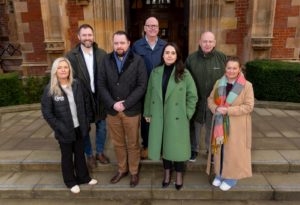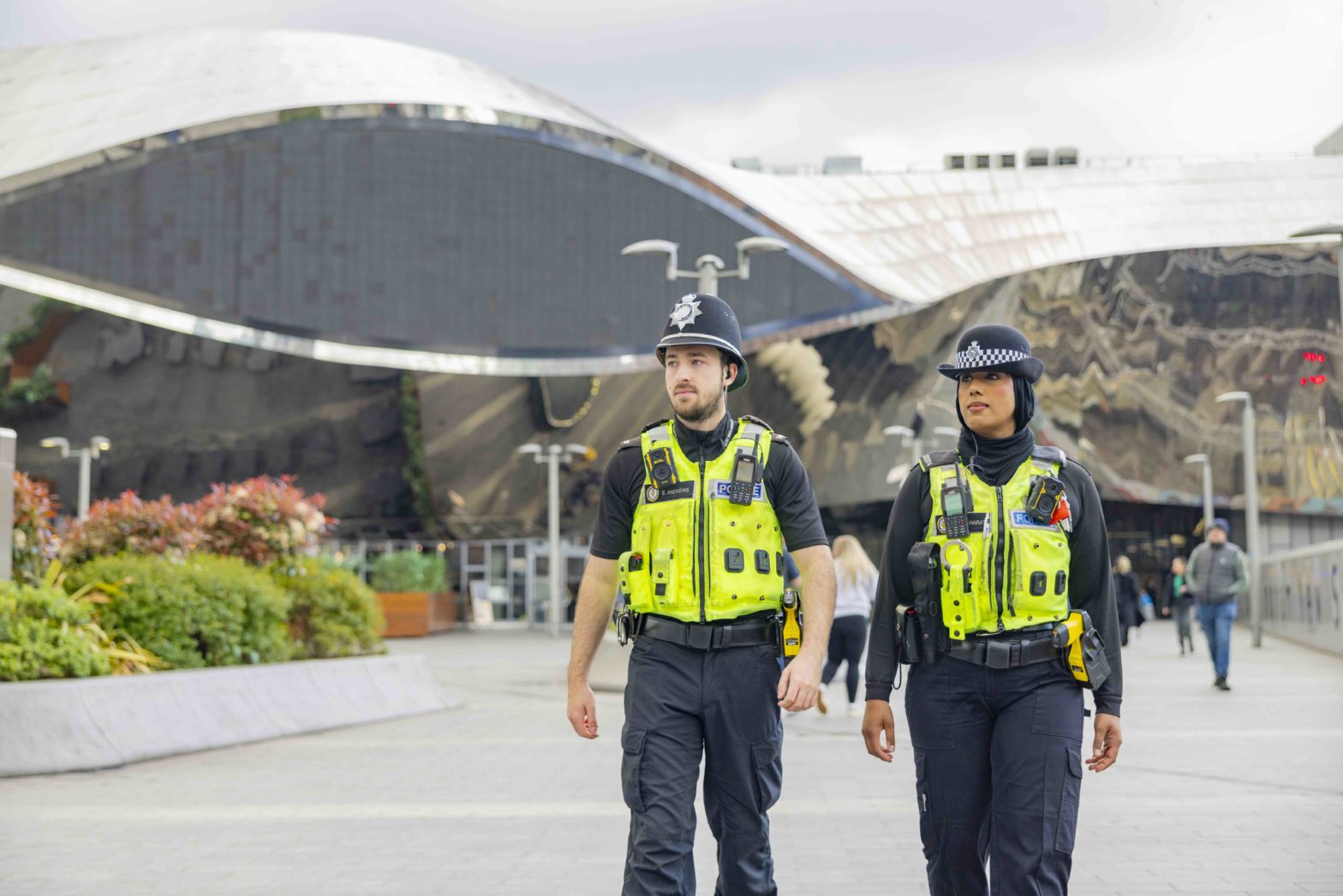
New funding to bridge Belfast’s research-innovation gap
17 January 2025
by Jonathan Andrews
Six of the most underserved inner-city communities in Belfast will close the divide between research, innovation, and underserved communities, through a new £1 million fund.
The money, from UK Research and Innovation (UKRI) and led by the newly formed Belfast Community Research and Innovation Network (BCRIN), will benefit 30,000 residents from the Markets, Sandy Row, Donegall Pass, Shankill, Grosvenor, and New Lodge.
“Historically, community participation in research and policymaking has often been tokenistic, consultative, and extractive, with little regard for the lived experiences of those experiencing the highest levels of inequality,” Dr Gareth Robinson, Principal Investigator of the project, told Cities Today.
Robinson, who is also a Research Lead for Education Skills and Inclusive Innovation at Queen’s University Belfast added that technology and digital infrastructures will be important in the network’s efforts to address urban challenges in Belfast.
“But their current implementation is misaligned with the needs of the inner-city communities,” he said. “Much of the existing infrastructure has been developed without meaningful input from residents, creating significant gaps in capacity between the community sector and the research and innovation space.”
He said that the new network is designed as a counter-infrastructure to challenge this inequity. In the short term, it will focus on building capacity across participating communities to engage with research and use local data effectively. By co-designing solutions and supporting data literacy at the community level, it will aim to bridge the gap between communities and innovators.
“A key part of our strategy is harnessing the data already generated by communities,” he said. “This data is often underutilised due to limited capacity and resources to process it into actionable insights. BCRIN’s Impact Lab will provide the necessary digital infrastructure to address this challenge, enabling communities to link and analyse their data in meaningful ways that drive solutions tailored to their needs.”
In the network’s early phase, community partners will define specific outcomes before the research work begins. The evaluation stage will look at:
- Enhanced research capacity within community organisations.
- The development of an inclusive innovation model to inform urban policy and practice.
- More effective urban regeneration efforts, co-designed by working-class communities.
- Increased sustainability through partnerships with Belfast City Council, the Department for Communities, and Queen’s University Belfast innovation centres.
UKRI Chief Executive, Professor Dame Ottoline Leyser, said the programme also offers a step-change in the way UKRI funds R&I.
“We are putting money into the hands of communities to tackle the issues that matter most to them,” she said. “As Belfast evolves with new physical and digital infrastructure, inclusivity and equity will underpin the work of Queen’s and its community partners in shaping the city’s transformation.”

Main image: Benkrut | Dreamstime.com







